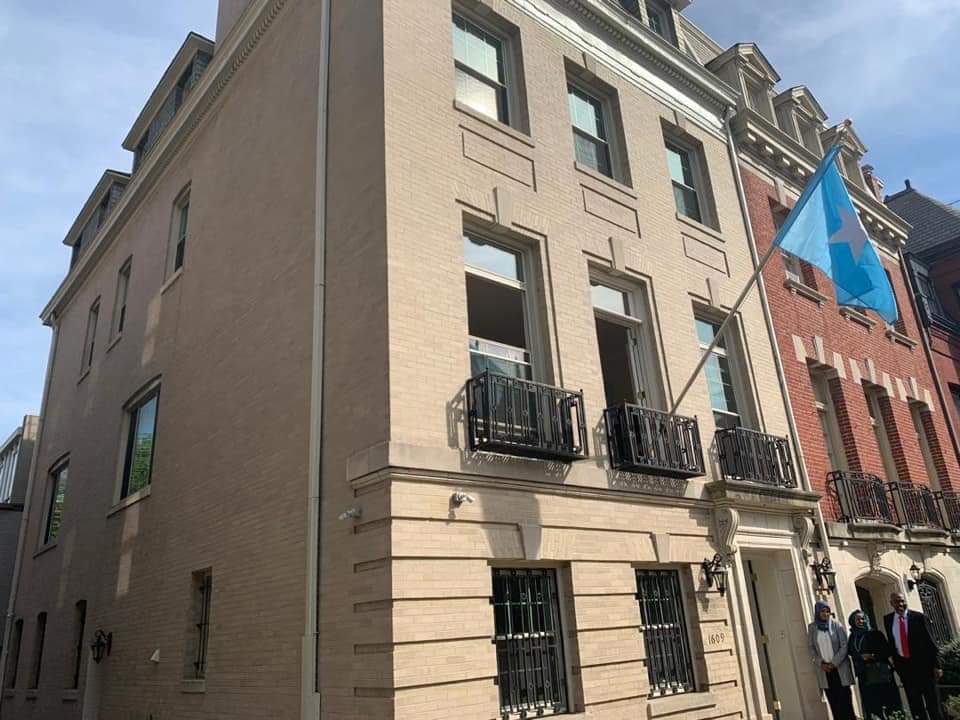Mogadishu, Somalia – As Somalia continues its battle against Al-Shabaab (Khawarij) insurgents, diplomatic missions and international partners are being urged to support a unified national response rather than viewing the conflict through a clan-based lens. Recent escalations in Abgaal clan territories have highlighted the urgent need for coordinated security efforts, reinforcing that terrorism remains a nationwide threat rather than an isolated issue.
Escalating Security Challenges
Al-Shabaab’s presence spans across multiple regions, including Mudug, Galgaduud, Hiiraan, Bay, Bakool, Middle Juba, and Lower Juba, affecting various Somali communities. While recent attacks have particularly targeted Abgaal territories, framing the crisis as a single-clan issue risks diverting attention from the broader fight against terrorism.
Diplomatic missions are advised to support Somalia’s federal and regional security institutions in addressing these challenges through a comprehensive, non-partisan approach that prioritizes national unity and counterterrorism capacity-building.
The Role of Leadership and Political Stability
The Abgaal clan, part of the Hawiye family, remains a key player in Somalia’s political and economic landscape. With President Hassan Sheikh Mohamud hailing from the Waceysle sub-clan of Abgaal, the government is under increased scrutiny to deliver on security and stabilization efforts. However, the success of counterterrorism operations requires cross-clan cooperation and international engagement rather than isolated, clan-specific solutions.
Diplomatic Engagement and Recommendations
Given the evolving security landscape, diplomatic missions and international partners are encouraged to:
1. Reinforce Support for Somalia’s Security Forces (SNA & Regional Troops): Strengthening operational capabilities, intelligence-sharing, and strategic military support.
2. Promote National Unity in Counterterrorism Strategies: Encouraging federal and regional authorities to adopt a unified approach, reducing internal divisions.
3. Combat Misinformation and Divisive Narratives: Ensuring counterterrorism efforts are framed as a national priority rather than a clan-based struggle.
4. Enhance Local Governance and Economic Stability: Supporting programs that promote stability in liberated areas to prevent militant resurgence.
Conclusion
Somalia’s fight against Al-Shabaab requires sustained international support rooted in a unified national strategy. Diplomatic missions are urged to align their engagement with efforts that strengthen Somalia’s security institutions, foster political stability, and promote inclusive governance to ensure long-term peace and development.
Confidential Source.

